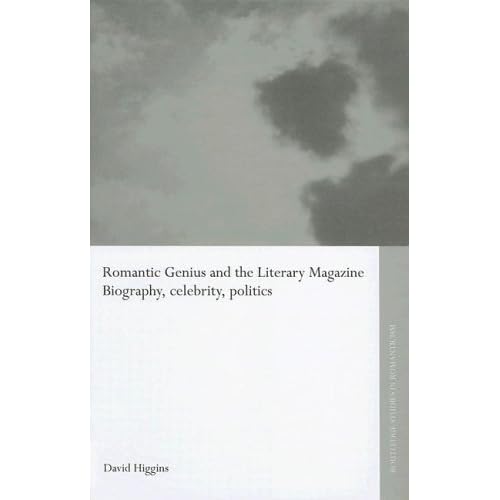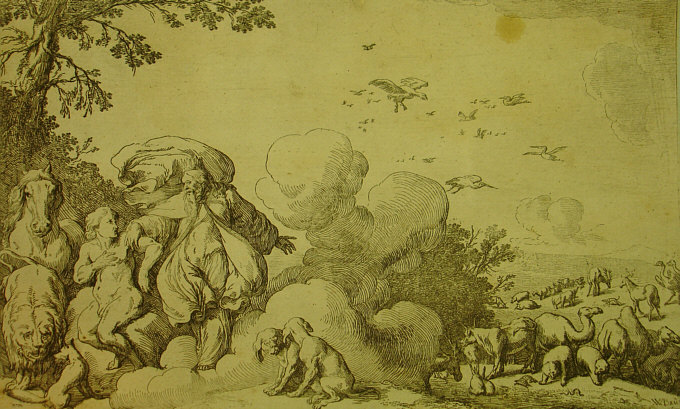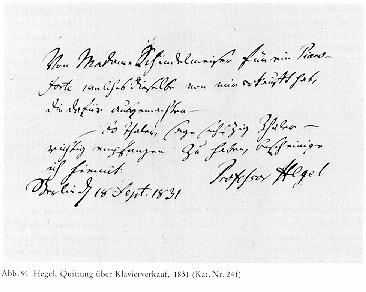"No power will again be suppressed, then general freedom and equality will reign among spirits! – A higher spirit, sent from heaven, must found this new religion among us, it will be the last, greatest task of humanity." Hölderlin
Yes, I'm bored of french theory. deutschland über alles. anyway. as long as this is modernity, the determination of "as" firstly touches what does not come before it, the void that led the sentence to appear. that is why a german issue issued itself.
note that a 15 book schelling issue is next and there will be a suprise for all, a new schelling pdf that I made. have a nice summer! sun shines! hölderlin sings! this belated romantic suffers!
have a look at salvatore puglia. a unique encounter with his work: Christopher Fynsk' "Infant Figures"
edit: relevant titles which are posted already:
[new link] JL Nancy & Lacoue-Labarthe - The Literary Absolute -- The Theory Of Literature In German Romanticism
FICHTE
Fichte - The Science of Rights
Fichte: The System of Ethics
The Science Of Knowing: J.g. Fichte's 1804 Lectures On The Wissenschaftslehre
Schiller as Philosopher: A Re-Examination
by Frederick Beiser
Hegel
(The Routledge Philosophers)
by Frederick Beiser
The Cambridge Companion to German Idealism
(Cambridge Companions to Philosophy)
by Karl Ameriks (Editor)
Classic and Romantic German Aesthetics
(Cambridge Texts in the History of Philosophy)
by J. M. Bernstein (Editor)
Challenges to German Idealism: Schelling, Fichte and Kant
by Kyriaki Goudeli
German Philosophy 1760-1860: The Legacy of Idealism
by Terry Pinkard
The German Aesthetic Tradition
by Kai Hammermeister
The Discovery of Historicity in German Idealism and Historism
(Studies in Economic Ethics and Philosophy)
by Peter Koslowski (Editor)
Contagion: Sexuality, Disease, and Death in German Idealism and Romanticism
(Studies in Continental Thought)
by David F. Krell
Nietzsche and the German Tradition
The Philosopher's Voice: Philosophy, Politics, and Language in the Nineteenth Century
(Suny Series in Philosophy)
by Andrew G. Fiala
The Philosophical Foundations of Early German Romanticism
(Intersections: Philosophy and Critical Theory)
by Manfred Frank
Philosophy and Religion in German Idealism
(Studies in German Idealism)
German Idealism: Contemporary Perspectives
by Espen Hammer
Romantic Atheism: Poetry and Freethought, 1780-1830
(Cambridge Studies in Romanticism)
by Martin Priestman
Berlin Electropolis: Shock, Nerves, and German Modernity
(Weimar and Now: German Cultural Criticism)
by Andreas Killen
Romantic Genius and the Literary Magazine Biography, Celebrity, Politics
(Routledge Studies in Romanticism)
by David Higgins
The Rhetoric of Romanticism
by Paul de Man
Hölderlin sath:
For a god, knowing always the proper measure,
Touches sparingly and just for a moment the homes
Of men — unexpectedly, and no one knows when.
But then something boisterous may appear,
And wildness may come to the holy place from afar.
Grasping about roughly, it touches upon madness,
And fills some intention thereby.
Gratitude doesn't follow the gift
From the gods immediately:
It has to be deeply studied first.
For if the giver hadn't been cautious,
From the blessing of the hearth both
Floor and ceiling would have gone up in flames.





















